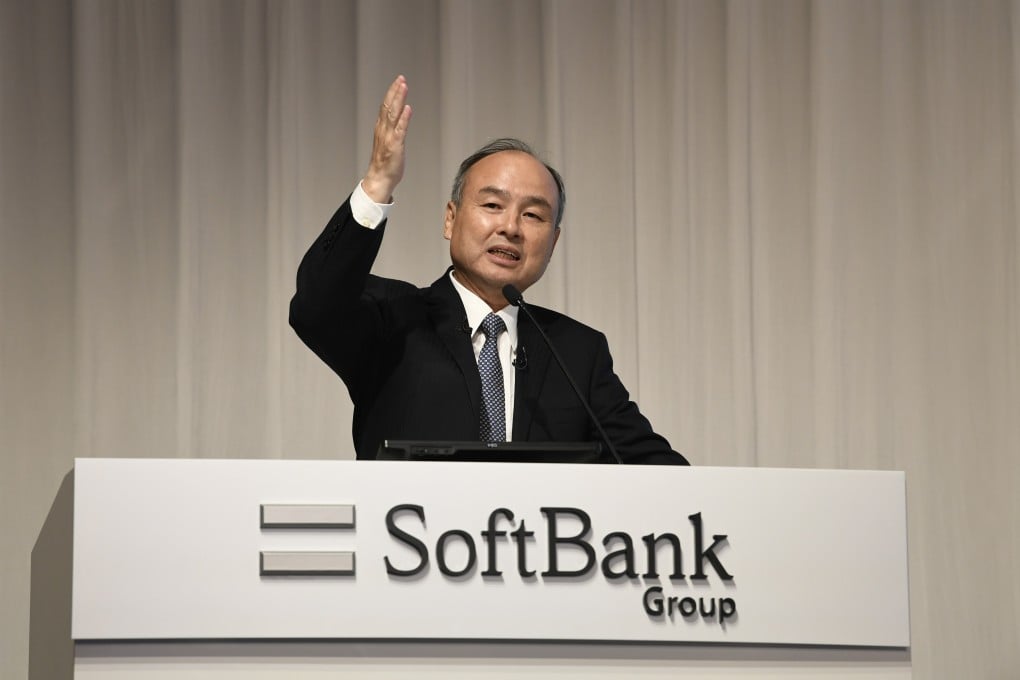Hints by SoftBank’s Masayoshi Son at pause from China tech investment stirs unease in the industry
- After tech stocks turned volatile amid Beijing’s crackdown, SoftBank’s founder said he might pause investments in the country for a year or two
- The comment spurred debate among Chinese investors concerned about the tech crackdown in China pushing out a committed investor like Son

During an earnings call on Tuesday, Son said he would take a cautious approach in China until the impact of new regulations are clearer. His comments were translated and shared widely on Chinese social media on Wednesday, triggering a soul-searching debate over how Beijing’s efforts to rein in the influence of Big Tech companies has now alienated a committed investor like Son.
“Although [Son’s statement] is one side’s voice, it will spread widely and affect the rhythm and determination of many investment institutions that focus on mid- and late-stage funding rounds, and it will naturally have an impact on the funding pace and success rate of many start-ups,” Zhang said, according to widely published accounts in news media of his social media post.
Two Chinese venture capitalists who invest in e-commerce and big data told the South China Morning Post that they have also grown more cautious since Beijing’s recent crackdown on private education companies and its disciplining of Big Tech firms. One investor, who declined to be named because she was not authorised to speak to the media, said she wanted to wait “until the regulatory environment becomes more stable”.
Son’s comments have heightened concerns that venture capital flowing into Chinese start-ups might start to dry up. But some on social media thought they saw signs of hope on Wednesday with a post from a company that appeared to be connected to SoftBank.
Shanghai-based SB China Venture Capital posted on social media that it “remained committed to investing in hi-tech and fast-growing companies in China”. The fund includes the word “SoftBank” in its Chinese name, but it does not actually have any affiliation with the Japanese company.
SB China’s post was widely reported in Chinese media yesterday, but the company had deleted the statement by Thursday morning. SB China did not immediately respond to requests for comment.